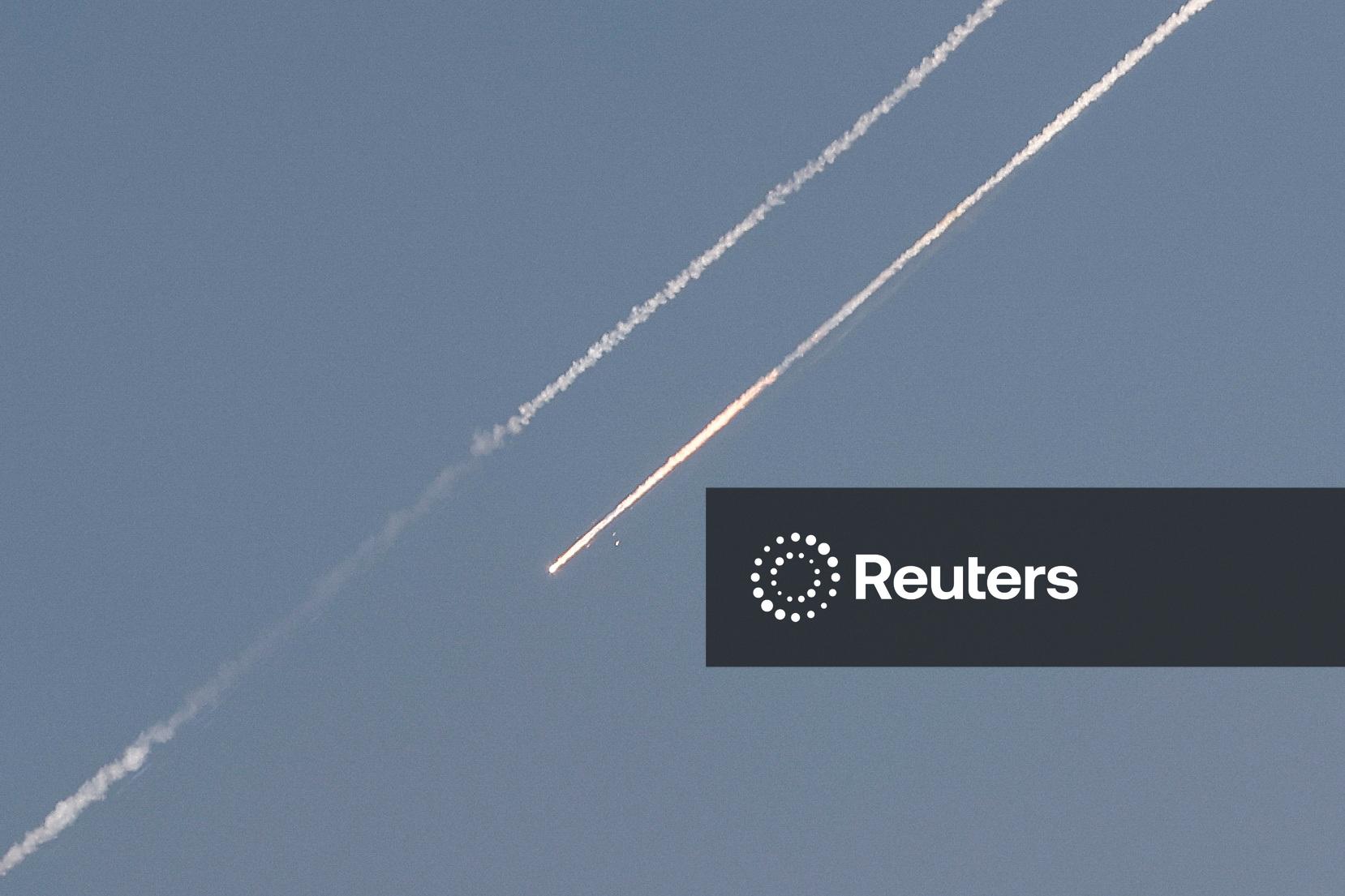THE Government is on high alert over rising tensions in the Middle East, with fears that any escalation could seriously disrupt global fuel supply chains — a threat that could directly impact Fiji’s economy and cost of living.
Minister for Trade Manoa Kamikamica told The Fiji Times the Government was keeping a close eye on the situation following recent US military strikes on Iranian nuclear sites.
“We just have to watch the war closely because there is a high dependency on fuel,” Mr Kamikamica said.
“If there is any shutdown of the Strait of Hormuz, there may be implications on fuel supply. We just have to watch it closely.”
Mr Kamikamica noted that Fiji’s fuel supply chain remained highly vulnerable because of its heavy reliance on imports. He said while the unfolding conflict was largely outside of Fiji’s control, government planners were already factoring in the risks.
“I think the Finance Minister, (Professor) Biman Prasad, said he tried to factor in some extra spending because of it,” he said. “But we will see how things evolve.”
This caution comes in the context of Fiji’s 2024-2025 National Budget, which saw a modest increase in total government spending from $4.34 billion to $4.55 billion.
The Budget, themed “An Economically Stable, Secure and Sustainable Fiji”, includes a renewed focus on macroeconomic resilience and infrastructure reliability, particularly important given the global uncertainty.
The looming threat of global fuel disruption now adds a fresh layer of complexity to the Government’s fiscal planning.
Fuel costs have a direct knock-on effect on transport, electricity, and food prices, making any volatility in global supply lines a serious concern for both the Government and ordinary Fijians.



